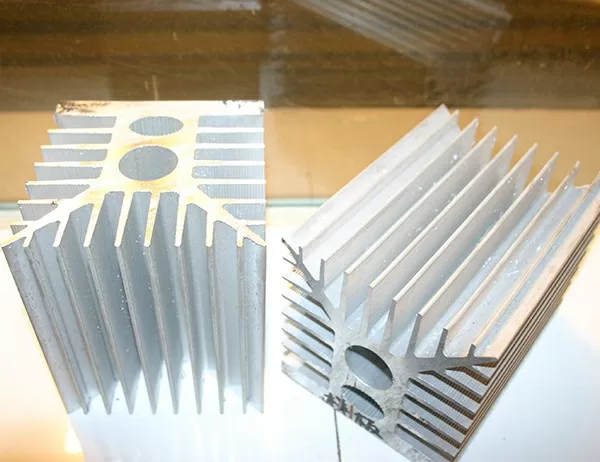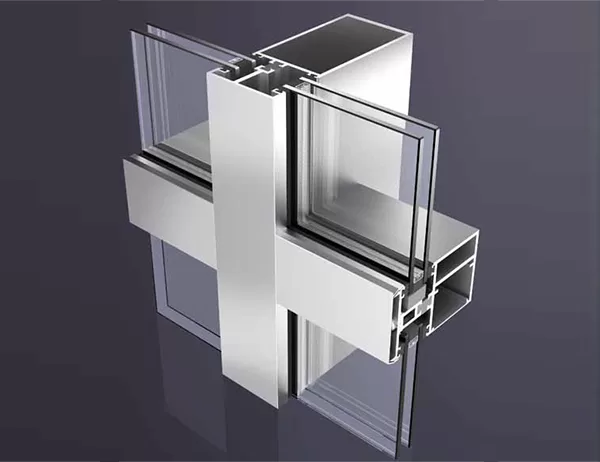The increasing demand for clean energy has led to a surge in the adoption of solar panel systems. Aluminum frames play a crucial role in these systems, offering numerous advantages over traditional materials. This article presents case studies that demonstrate the successful use of aluminum frames in solar panel systems, highlighting their benefits in various applications.
Durability and Corrosion Resistance
Aluminum frames are highly durable and resistant to corrosion. Unlike steel or wood, they do not rust or decay, making them ideal for harsh environments. Their longevity ensures minimal maintenance and extended system lifespan.
Lightweight and Strength
Aluminum frames are lightweight yet strong, allowing for easy handling and installation. Their strength-to-weight ratio enables them to withstand high wind loads and other adverse weather conditions. Their lightweight design also reduces transportation costs and facilitates rapid deployment.
Design Flexibility
Aluminum frames are versatile and can be customized to fit any solar panel system design. They come in various shapes and sizes, allowing for optimized spacing and efficient utilization of space. Their flexibility also enables the integration of other system components, such as trackers and energy storage devices.
Thermal Conductivity
Aluminum has excellent thermal conductivity, which helps dissipate heat generated by solar panels. Efficient heat management is critical to prevent overheating and maintain panel efficiency. Aluminum frames effectively transfer heat away from the panels, ensuring optimal performance even under extreme temperatures.
Electrical Conductivity
Aluminum is an excellent electrical conductor, making it suitable for grounding and electrical connections in solar panel systems. Its electrical conductivity ensures efficient current flow and minimal power loss. This feature contributes to the system’s overall performance and safety.
Case Study: Residential Roof-Mounted System
In a residential roof-mounted system, aluminum frames were used to support the solar panels and provide structural integrity. Their durability and corrosion resistance ensured a long-lasting system that could withstand the elements. The lightweight design facilitated easy installation, and the frames’ flexibility allowed for customized mounting options to optimize panel placement.
Case Study: Commercial Rooftop Array
A commercial rooftop array utilized aluminum frames for its lightweight and strength properties. The frames were able to support numerous panels on a large rooftop area, maximizing energy generation. Their resistance to corrosion and high wind loads ensured the system’s resilience in harsh urban environments.
Case Study: Agricultural Solar Carport
In an agricultural solar carport, aluminum frames were instrumental in creating a shaded area for vehicles and equipment while generating electricity. The frames’ strength provided support for the heavy solar panels, and their lightweight design allowed for easy construction. The frames’ electrical conductivity ensured efficient electrical connections for the system.
Aluminum frames have proven their worth in numerous solar panel system applications. Their durability, corrosion resistance, lightweight strength, design flexibility, thermal conductivity, and electrical conductivity make them an ideal choice for both residential and commercial installations. As the demand for solar energy continues to grow, aluminum frames will play an increasingly vital role in supporting the deployment and performance of these systems.




